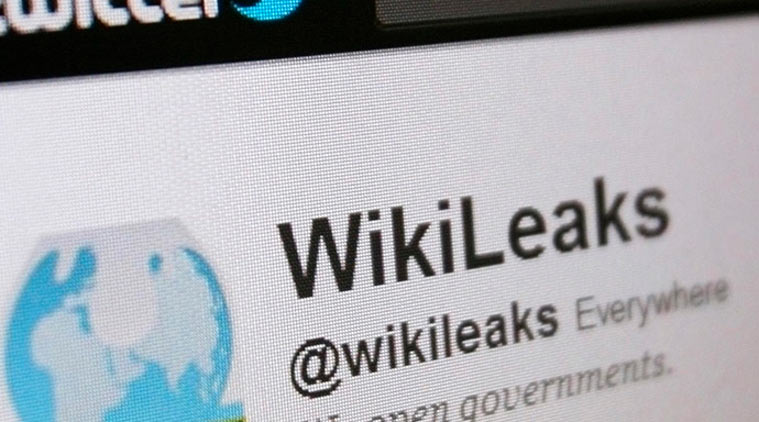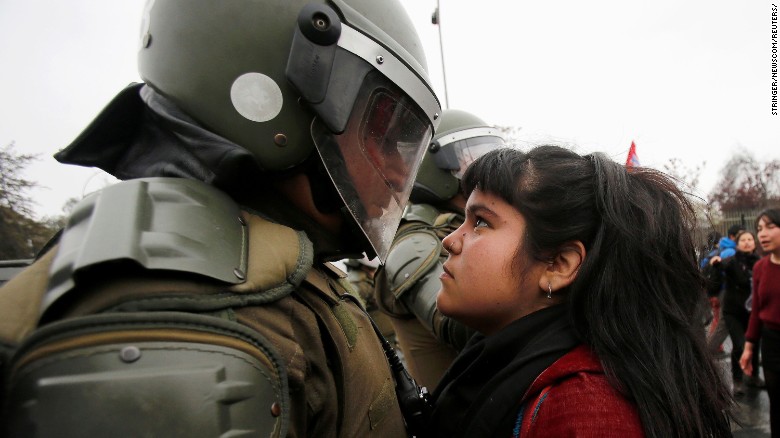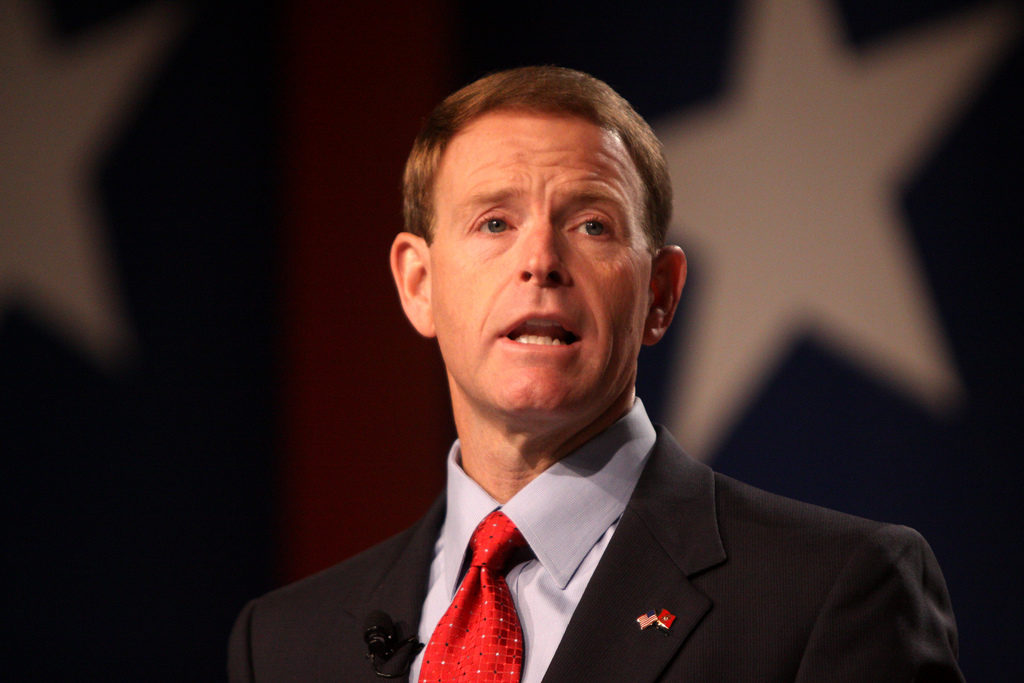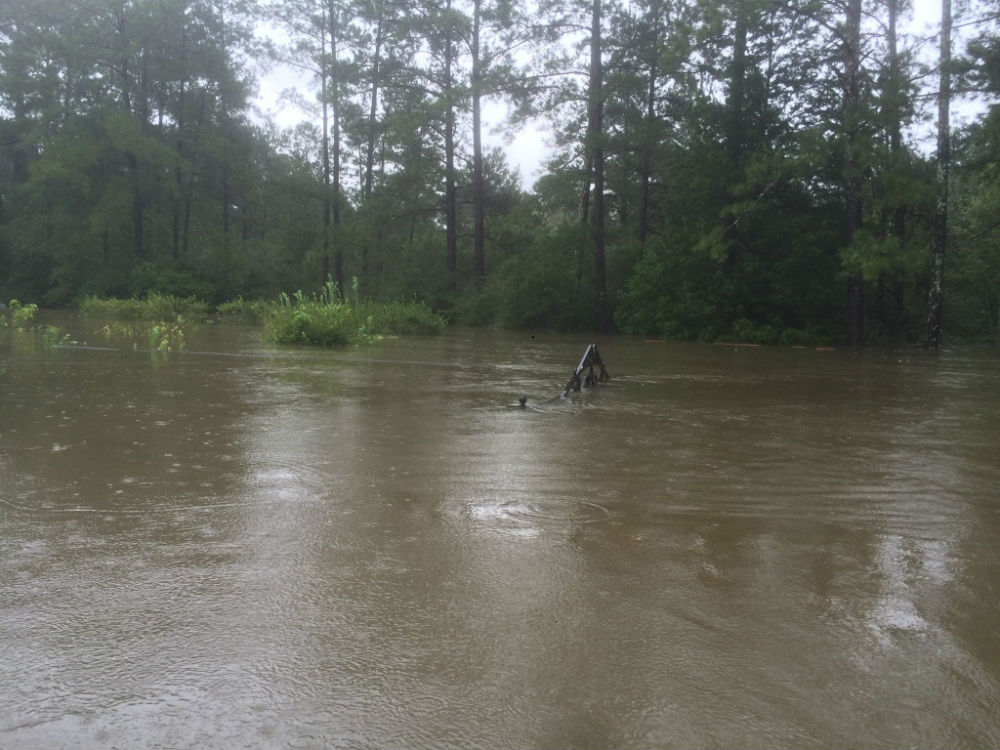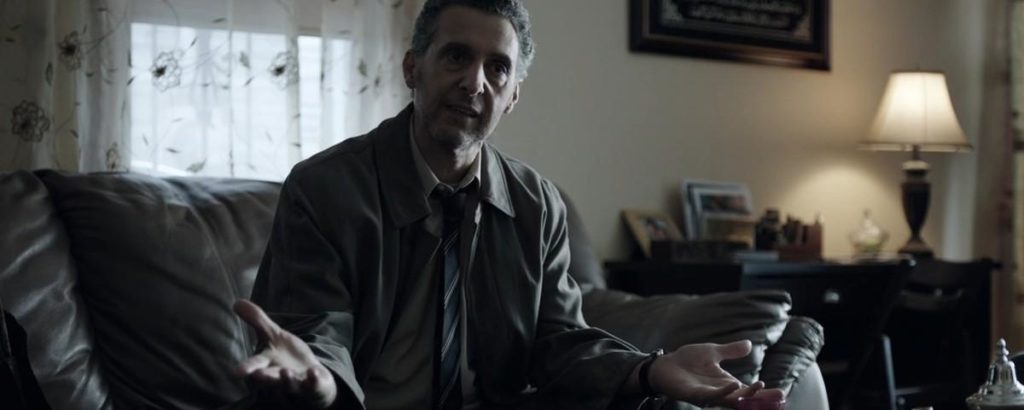
H/T NYTIMES.com – Most Americans support stronger gun laws — laws that would reduce deaths. But Republicans in Congress stand in the way. They fear alienating their primary voters and the National Rifle Association.
Below are the top 10 career recipients of N.R.A. funding – through donations or spending to benefit the candidate – among both current House and Senate members, along with their statements about the Las Vegas massacre. These representatives have a lot to say about it. All the while, they refuse to do anything to avoid the next massacre.
| 1. |  |
John McCain Ariz. |
“Cindy & I are praying for the victims of the terrible #LasVegasShooting & their families.”
|
$7,740,521
FROM THE N.R.A.
|
| 2. |  |
Richard Burr N.C. |
“My heart is with the people of Las Vegas and their first responders today. This morning’s tragic violence has absolutely no place here in America.”
|
$6,986,620
FROM THE N.R.A.
|
| 3. |  |
Roy Blunt Mo. |
“Saddened by the tragic loss of life in #LasVegas. My thoughts are with all of the families affected by this horrific attack.”
|
$4,551,146
FROM THE N.R.A.
|
| 4. |  |
Thom Tillis N.C. |
“Susan and I send our deepest condolences and prayers to the families of the victims of this horrific and senseless tragedy in Las Vegas.”
|
$4,418,012
FROM THE N.R.A.
|
| 5. |  |
Cory Gardner Co. |
“My family and I are praying for the families of those injured and killed in Las Vegas last night.”
|
$3,879,064
FROM THE N.R.A.
|
| 6. |  |
Marco Rubio Fla. |
“I’m praying for all the victims, their families, and our first responders in the #LasVegas #MandalayBay shooting.”
|
$3,303,355
FROM THE N.R.A.
|
| 7. |  |
Joni Ernst Iowa |
“My prayers are with all of the victims in Las Vegas, and their loved ones affected by this senseless act of violence.”
|
$3,124,273
FROM THE N.R.A.
|
| 8. |  |
Rob Portman Ohio |
“Jane & I mourn the loss of innocent lives in this horrific attack in Las Vegas last night. We are praying for those taken from us, their families & all those injured in this attack.”
|
$3,061,941
FROM THE N.R.A.
|
| 9. |  |
Todd Young Ind. |
“We must offer our full support to the victims and their families as our nation mourns.”
|
$2,896,732
FROM THE N.R.A.
|
| 10. |  |
Bill Cassidy La. |
“Following closely the horrendous act of violence in Las Vegas. Our prayers are with those who were injured, killed and their families.”
|
$2,861,047
FROM THE N.R.A.
|
| 1. |  |
French Hill Ark. |
“Martha and I are praying for the families and victims of this senseless act of evil. […] We must continue to work together to stop this kind of terror.”
|
$1,089,477
FROM THE N.R.A.
|
| 2. |  |
Ken Buck Co. |
“I’m praying for all of those impacted by the evil events in Las Vegas last night. Our country must stand together in support of the families of the victims and the community.”
|
$800,544
FROM THE N.R.A.
|
| 3. |  |
David Young Iowa |
“My thoughts and prayers are with the victims and their families and friends of the horrific and evil tragedy in Las Vegas.”
|
$707,662
FROM THE N.R.A.
|
| 4. |  |
Mike Simpson Idaho |
“Though no words can heal our hurt, and no explanation will ever feel sufficient, I pray that all involved may find comfort as we process this devastating tragedy.”
|
$385,731
FROM THE N.R.A.
|
| 5. |  |
Greg Gianforte Mont. |
No statement released.
|
$344,630
FROM THE N.R.A.
|
| 6. |  |
Don Young Alaska |
“Anne and I are praying for all those involved or impacted by this heinous act of violence.”
|
$245,720
FROM THE N.R.A.
|
| 7. |  |
Lloyd Smucker Pa. |
“Horrific act of violence in Las Vegas. Cindy and I pray for the victims, their families, and the first responders.”
|
$221,736
FROM THE N.R.A.
|
| 8. |  |
Bruce Poliquin Maine |
“My thoughts are with all those effected in the horrifying attacks in Las Vegas. The nation is with you.”
|
$201,398
FROM THE N.R.A.
|
| 9. |  |
Pete Sessions Tex. |
“My deepest sympathies are with all who were harmed by this horrific tragedy.”
|
$158,111
FROM THE N.R.A.
|
| 10. |  |
Barbara Comstock Va. |
“I am heartbroken by the mass murder that took place last night in Las Vegas and I am praying for the victims, families, and first responders.”
|
$137,232
FROM THE N.R.A.
|
All of these representatives are Republican. The highest rankedDemocrat in the House is Sanford Bishop, who ranks 41st in career donations from the N.R.A. Among the top 100 House recipients, 95 are Republican. In the Senate, the top two Democrats are Joe Manchin of West Virginia and Patrick Leahy of Vermont, who rank 52nd and 53rd — behind every Republican but Dan Sullivan of Alaska.
Finally, why are our numbers different from those in Bret Stephens’s column on the Second Amendment? Because ours include money the N.R.A. spends on behalf of candidates, in addition to money it gives directly to candidates.






